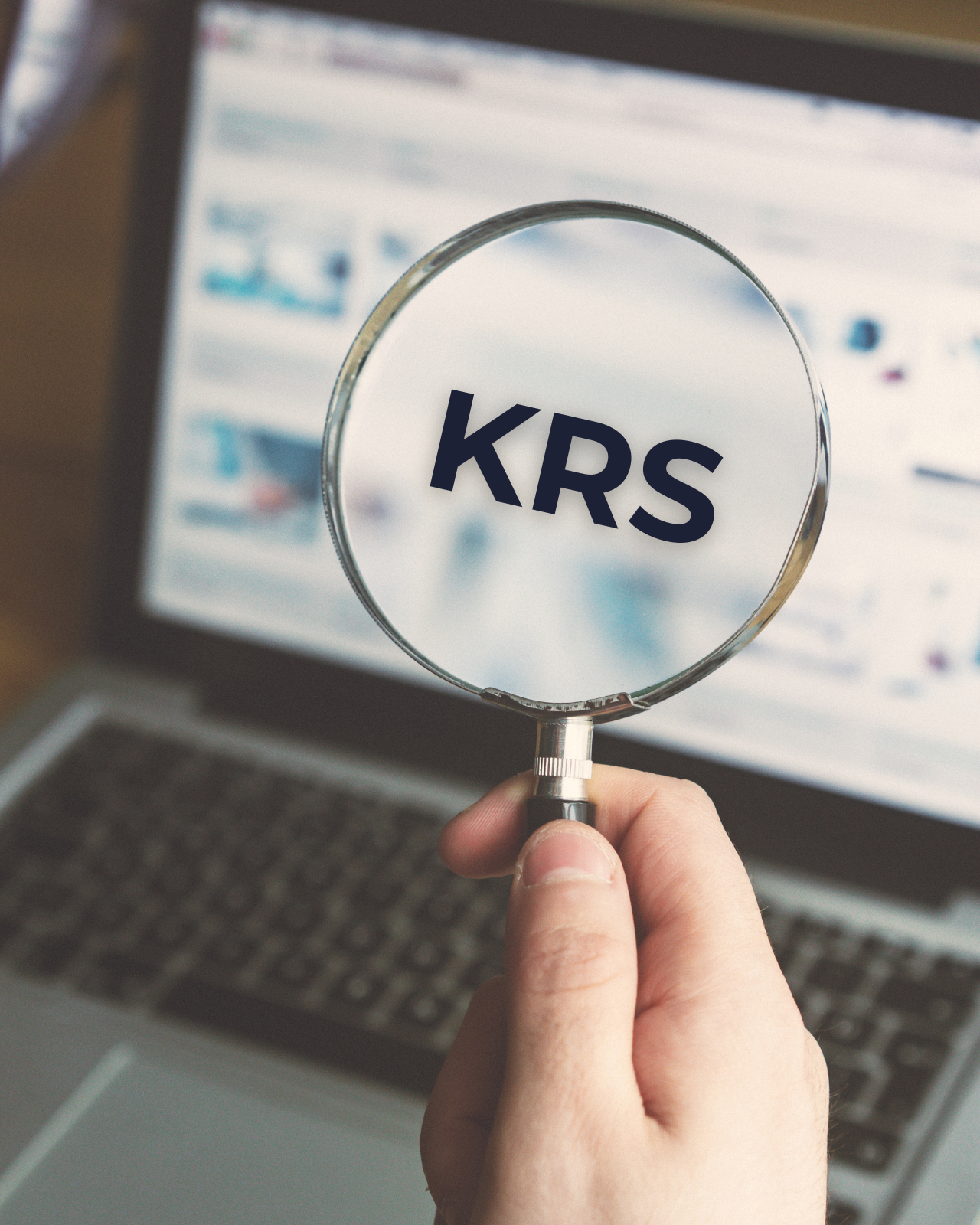Mergers and acquisitions Commercial register in Poland – insight and significance for SMEs and due diligence

Commercial register in Poland – insight and significance for SMEs and due diligence
Anyone doing business in Poland or considering investing in a company cannot avoid the commercial register. The Polish commercial register (Krajowy Rejestr Sądowy – KRS) is the central database for company information and plays a key role in ensuring transparency in economic life. The commercial register is an indispensable source of information for SMEs establishing a subsidiary there and for investors conducting due diligence. Particularly noteworthy here is the so-called full extract (odpis pełny) from the KRS, which is not only very clear, but – in contrast to the German register – also clearly shows who the shareholders or partners of the company are and which persons hold key positions, including from a historical perspective. Access to this history is particularly important for investors and in the context of due diligence checks, as it can provide important information for assessing risks or preparing significant transactions. The historical data in the full extract plays a special role in ensuring the security and traceability of transactions.
What is the Commercial Register in Poland (KRS)?
The KRS is the state register that records all corporations, cooperatives, foundations, and many partnerships. It is maintained by special registry courts and is publicly accessible. Anyone can access information online, similar to the German commercial register.
For entrepreneurs, this means that every company in Poland must be registered in the KRS to be legally effective. Only upon registration does the company come into existence as a legal entity. Changes—such as to the managing director, registered office, or articles of association—must also be registered in the KRS.
What information can be found in the KRS?
The commercial register in Poland contains a wealth of data that is important for entrepreneurs and investors. This includes, among other things:
• Master data of the company, such as name, legal form, registered office, KRS number, and tax number (NIP).
• Shareholders and managing directors with details of shares and powers of representation.
• Amount of share capital and changes thereto.
• Annual financial statements and financial reports that companies are required to submit regularly.
• Information about ongoing insolvency proceedings or liquidations.
This transparency makes the KRS a central basis for the economic audit of a company.
Polish Commercial Register and due diligence
When it comes to company takeovers, investments, or collaborations, the commercial register in Poland is an indispensable tool for due diligence. It provides insights into the ownership structure, financial basis, and potential risks.
A typical area of review is whether managing directors have been duly appointed and whether their powers of representation have been correctly registered. The capital structure and submitted annual financial statements also provide valuable information about the economic stability of the company. Investors should be particularly cautious in the event of irregularities or missing entries.
Differences from the German commercial register
Although the KRS is similar to the German commercial register, some differences are particularly important for small and medium-sized enterprises:
• Language: All entries are made in Polish. This often means that international entrepreneurs need a translation.
• Digitization: Queries can be made online, but the documents are only available in Polish.
• Register court: Special courts are responsible, which can delay processing.
• Publicity: Annual financial statements must be submitted, but these are not always as standardized as in Germany.
In international transactions in particular, it therefore makes sense not only to check the KRS yourself, but also to consult local experts who can interpret the entries.
Typical use cases for SMEs
For German SMEs operating in Poland, the commercial register plays a role in several situations:
• Establishment of a subsidiary: Registration in the KRS is mandatory before business can be conducted.
• Business partner review: Before concluding major contracts, it is advisable to consult the register to check the power of representation and the financial basis.
• Mergers and acquisitions: In M&A transactions, the KRS is a central element of due diligence.
• Compliance and risk management: Regular queries help to identify changes in business partners at an early stage.
Conclusion: The Commercial Register is the key to transparency
The commercial register in Poland is an indispensable tool for entrepreneurs who are active locally or considering investments. It creates transparency, provides legal certainty, and supplies investors with valuable data for their due diligence.
SMES need to understand the KRS not only as a formality when setting up a company, but also to actively incorporate it into their business and investment decisions. Since entries are made in Polish and there may be room for interpretation, working with an experienced local law firm is the best way to avoid risks and safely exploit opportunities.


